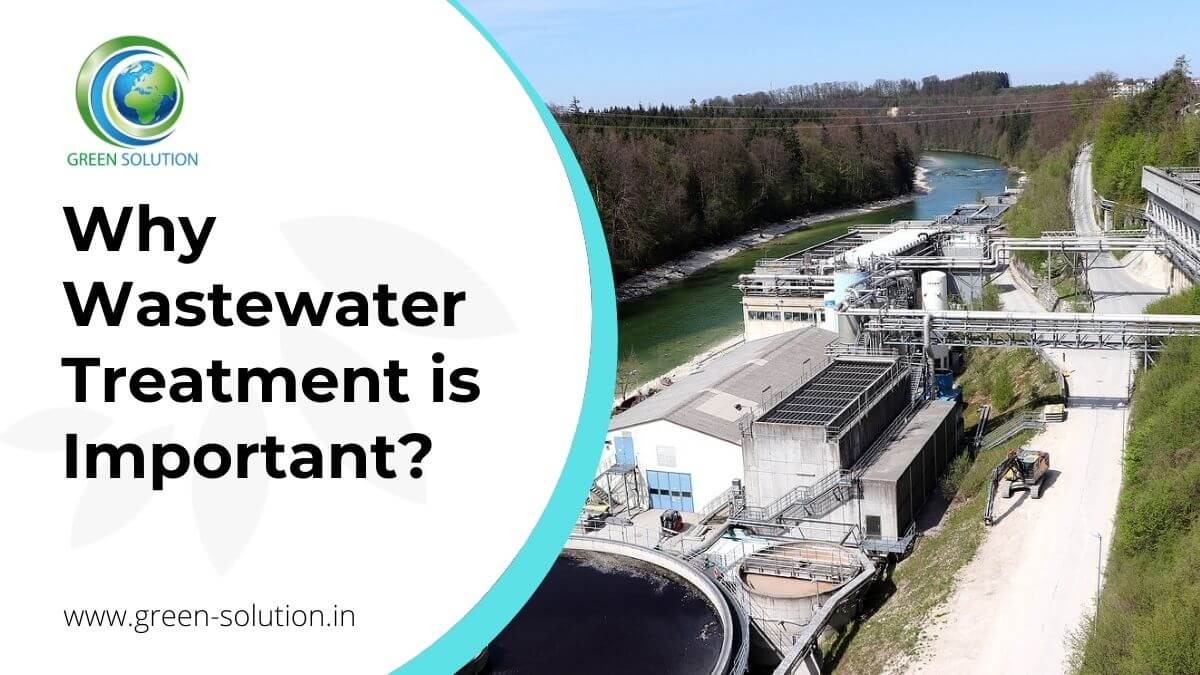What Does Reclaim Waste Do?
What Does Reclaim Waste Do?
Blog Article
Some Known Details About Reclaim Waste
Table of ContentsSome Known Details About Reclaim Waste More About Reclaim WasteNot known Details About Reclaim Waste The smart Trick of Reclaim Waste That Nobody is DiscussingNot known Incorrect Statements About Reclaim Waste
Residential sewage waste refers to the waste and items from a residential septic storage tank. The correct management and disposal of residential sewage waste need fluid waste to be transferred to a sewage treatment plant where the appropriate techniques and tools are applied to cleanse and dispose of waste.
Commercial waste often includes prospective threats, such as flammable materials or a combination of liquid and solid waste products, and needs an advanced and in-depth disposal procedure. The disposal of business waste usually entails the purification of waste before transportation to make sure safe and proper disposal. Industrial waste is created from by-products and overflow of commercial procedures and manufacturing.
This sort of waste can not make use of the same sewage administration transportation or procedures as septic or business fluids. The commercial waste management process needs the examination and testing of fluid waste prior to it goes through the disposal procedure (liquid waste removal melbourne). Overflow waste is the liquid waste that originates from runoff and excess stormwater in highly booming locations or cities
Overflow waste can cause contamination and flooding if not handled properly. Ensuring correct waste administration can stop calamities and minimize ecological damage.
The Best Guide To Reclaim Waste
Get in touch with PROS Solutions today to learn more about our waste administration and disposal solutions and the proper methods to care for the liquid waste you generate.
(https://experiment.com/users/reclaimwaste1)Do you understand what occurs to your water when you end, flush the commode or drain pipes the cleaning equipment? No? Well, it's worth understanding. This supposed 'wastewater' is not just an essential resource but, after treatment, will certainly be released to our land, rivers or the sea. Used water from bathrooms, showers, bathrooms, kitchen area sinks, laundries and commercial processes is referred to as wastewater.

water used to cool down machinery or clean plant and tools). Stormwater, a kind of wastewater, is drainage that moves from farming and city areas such as roof coverings, parks, yards, roads, paths and rain gutters into stormwater drains, after rainfall. Stormwater flows untreated directly to neighborhood creeks or rivers, eventually reaching the sea.
The Best Guide To Reclaim Waste
In Queensland, many wastewater is treated at sewage treatment plants. Wastewater is carried from residential or commercial websites via a system of sewage systems and pump stations, known as sewerage reticulation, to a sewage therapy plant. City governments my site develop, keep and operate most sewer treatment plants. Operators are licensed under the Environmental Security Act 1994 to discharge treated wastewater at an acceptable environmental standard into waterways.
The Division of Natural Resources encourages city governments about handling, operating and preserving sewerage systems and treatment plants. In unsewered locations, neighborhood federal governments may need owners to install private or household sewer treatment systems to deal with domestic wastewater from toilets, kitchen areas, shower rooms and washings. The Division of Natural Resources authorises making use of family systems when they are shown to be efficient.
In some brand-new communities, treatment of some stormwater to remove clutter, sand and gravel has begun using gross pollutant traps. Wastewater treatment takes place in four phases: Removes solid matter.
Wastewater after that moves into huge tanks where solids resolve and are removed as sludge. Grease and residue are skimmed from the surface. Utilizes little living organisms referred to as micro-organisms to damage down and remove staying dissolved wastes and great particles. Micro-organisms and wastes are included in the sludge. Eliminates nitrogen and phosphorus nutrients that might trigger algal blossoms in our rivers and threaten water life.
5 Simple Techniques For Reclaim Waste
Nutrient elimination is not available at all sewer therapy plants because it needs pricey specialised devices. It is coming to be extra common in Queensland. Clear fluid effluent produced after treatment might still consist of disease-causing micro-organisms. If this effluent is released into waterways such as rivers or the sea, the micro-organisms will eventually die out.

This normally indicates wastewater needs to be dealt with or pollutants removed before it can be discharged to rivers. A lot of wastewater streams right into the sewage system. Under the Act, city governments provide approvals and permits for ecologically relevant tasks (Ages) entailing wastewater launches that might have a neighborhood effect. The department carries out authorizations and licences to Periods including wastewater releases that could have a local or statewide influence.
7 Simple Techniques For Reclaim Waste
Surveillance supplies factual details about water quality and can confirm that permit conditions are being fulfilled. The information acquired with tracking offers the basis for making water high quality decisions.
Report this page